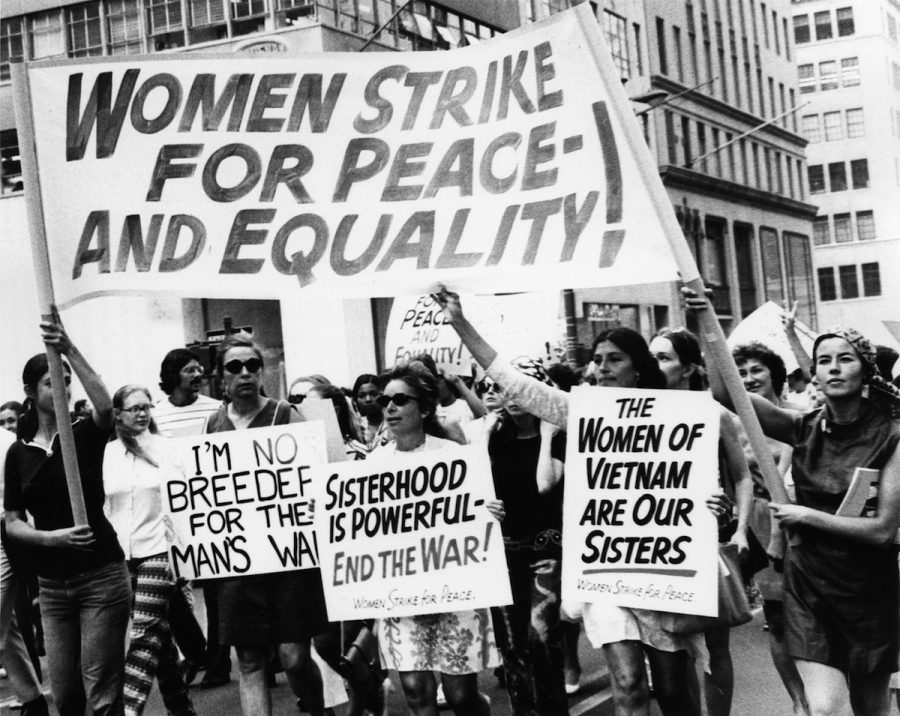A Fight for Equality ; “Sisterhood is Powerful”
Women all around the world fight for peace and equality.
May 4, 2023
Many conflicts centered on women’s rights during the 1960s, 1970s, and 1980s, such as protests, rallies, and awareness-raising groups. The women’s liberation movement, often known as second-wave feminism, began in the 1960s and 1970s in the United States as a reaction to the social and political milieu of the time. Women were questioning conventional gender roles and pushing for more equality in areas such as work, education, and reproductive rights. The movement was distinguished by a varied spectrum of voices and ideas, but it had a unifying goal: to effect social and political change that would benefit women while challenging society’s patriarchal norms.
The women’s liberation movement had a wide spectrum of voices and ideas, but there were a few notable personalities and groups who helped shape the movement. Betty Friedan, for example, is frequently credited with sparking the movement with her 1963 book The Feminine Mystique, which critiqued the limited number of positions accessible to women in postwar America. Gloria Steinem, who launched Ms. magazine in 1972 and became one of the most famous faces of the feminist movement, was another key person. Organizations like the National Organization for Women (NOW) were also essential in lobbying for women’s rights, pushing for measures like equal pay for equal labor and reproductive rights. The movement was marked by several key events, including the Women’s Strike for Equality in 1970, which saw thousands of women march in cities across the United States to demand equal rights for themselves and their female peers.
This movement was a game changer in American history, questioning both gender stereotypes and calling for more equality for women within their rights. Despite difficult obstacles, the movement made significant gains in areas such as women’s rights and workplace discrimination. Many of the issues that the women’s liberation movement fought for are still relevant today. The women’s liberation movement’s history continues to inspire and educate modern feminist activity.


